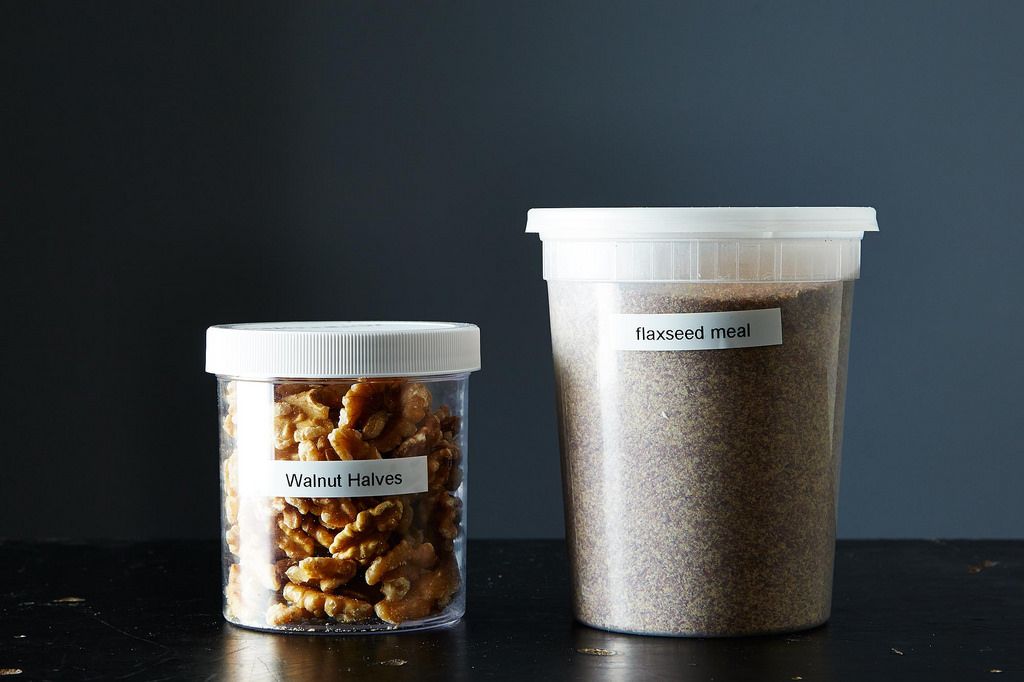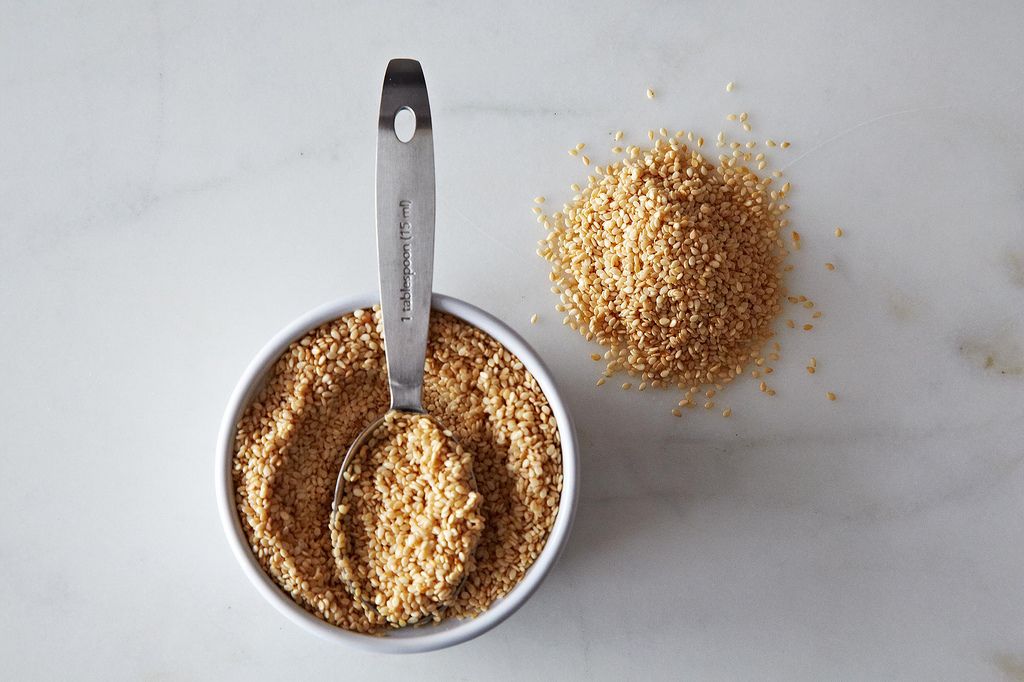
It's here: Our game-changing guide to everyone's favorite room in the house. Your Do-Anything Kitchen gathers the smartest ideas and savviest tricks—from our community, test kitchen, and cooks we love—to help transform your space into its best self.
Grab your copyPopular on Food52
Continue After Advertisement
6 Comments
Bonitas B.
February 8, 2016
I keep my seeds in main jars in the cupboard and the nuts in an unsealed canister in the cupboard as well. I'm transferring all to Mason jars and to the freezer. Most are spirited as much as possible. Thanks for this post!
Sharon A.
October 12, 2014
I keep all my nuts in the freezer to ensure that the oils stay fresh. They can be used straight from the freezer in any recipe. Also keep my desicated & shredded coconut in the freeze as it too has a high oil content.
Lauren
September 17, 2014
I usually buy my nuts from the bulk section so I admit I am probably not as good about storing them as I should be. But I will using these tricks to keep my nuts fresh!
savorthis
September 17, 2014
My mom keeps jars of nuts in our chest freezer since she has no room in hers. I have to admit I have snuck down there to help myself when needed and my daughter actually loves snacking on frozen pecans.
Michele
September 17, 2014
I have been guilty of the above, and my garden wildlife enjoys the occasional spoils. I had no idea they could be kept in the freezer, so that is where my next fresh batch will go as my pantry gets a little too warm. Thanks for this information.
Mindful A.
September 17, 2014
I purchase so much nuts and seeds in bulk that sometimes it spoils, no matter how fast I eat them (and I do!). Thanks for the tips!
http://mindfullyaudrina.blogspot.com/
http://mindfullyaudrina.blogspot.com/



See what other Food52 readers are saying.